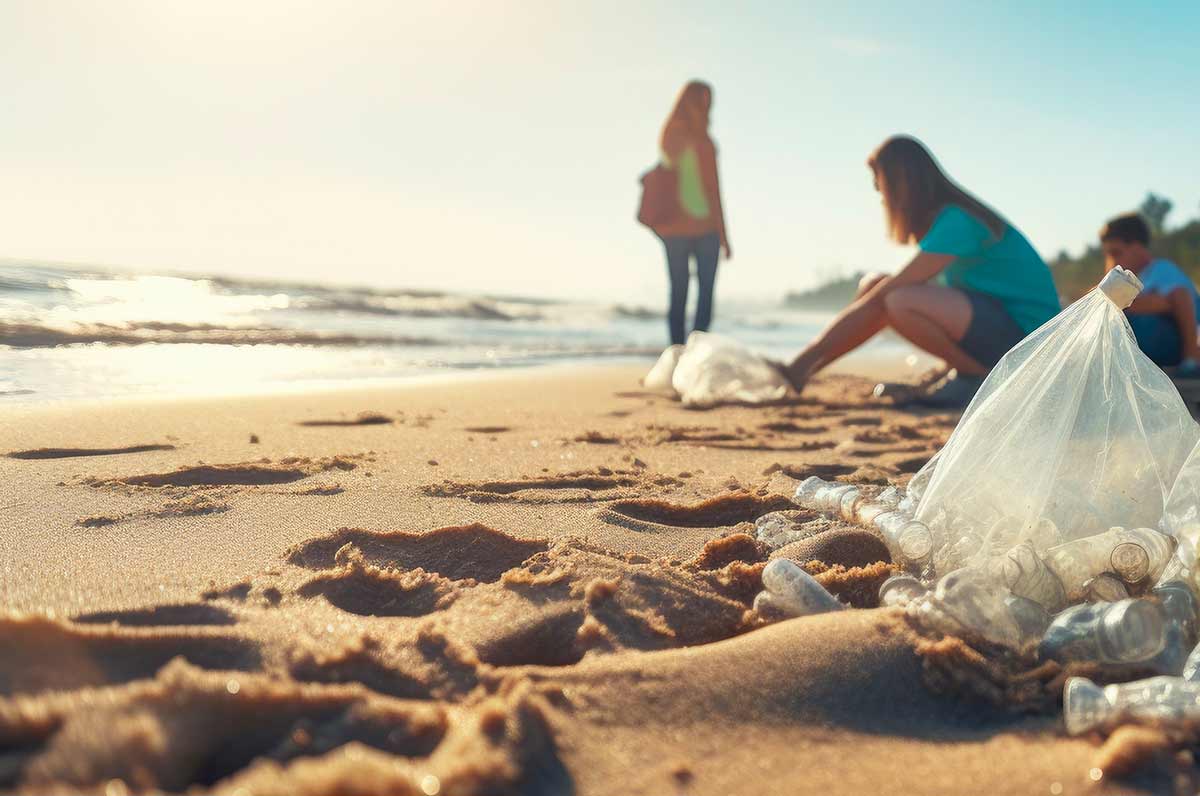
Institut Médico Educatif "La Pépinière": a commitment to biodiversity
The Institut Médico Educatif (IME) "La Pépinière" is committed to an active approach to preserving the environment and maintaining biodiversity. Since 2020, it has been supporting its young disabled residents in concrete actions in the field, combining theory and practice.
" We have developed a partnership with the Centre Permanent d'Initiatives pour l'Environnement (CPIE), an external organization working to promote sustainable development ," explains Denis Diesch, a specialist school teacher. " Since 2020, we have been working together to set up internal initiatives involving educators, management, teachers and young people. These actions are in line with national education guidelines. "
In 2020, the "Take care of your sea" project raised public awareness of the fragility of the marine environment and exposure to waste, particularly Unidentified Floating Objects (UFOs). It also highlighted waste gyres, continents of plastic within the oceans, and pointed out the links between waste and living beings.
" We also studied a river near Marseille, the Huveaune, and its watershed. When we throw a bottle into the street, it is carried by the wind to the river, then inevitably out to sea. Once in the ocean, it becomes inaccessible to us humans. Plastic waste is transformed over time and waves of microplastics, eventually threatening marine flora and fauna as fish ingest them. This new awareness has reinforced our vigilance regarding waste collection and sorting.
La Pépinière then launched the "Pepi Clean" initiative, which aims to keep the IME clean by collecting and recognizing waste. The youngsters at the IME are made aware of the importance of collecting and sorting waste. For example, they took part in the collection of over 600 cigarette butts from two beaches in the Parc National des Calanques in just one hour. In May, they will be visiting the Marseille Aix-en-Provence metropolitan area's waste treatment plant. "We' ve already been working on the three reflexes: reduce, reuse and recycle.
Last year, theIME explored the flora and fauna of the Parc national des Calanques, creating scenarios to raise awareness of the fragility of terrestrial and marine environments. " We called on the services of a beekeeper to study bees. We also created insect hotels and shelters at the IME. We have also strategically planted melliferous plants which produce nectar and pollen, and which are also adapted to our Mediterranean climate, such as lavender, rosemary, thyme, arbutus, etc. We always move on from a somewhat theoretical awareness-raising part to the practical part. "
The ultimate goal of the IME "La Pépinière" is to obtain the E3D label, a label issued by the French Ministry of Education for schools, colleges and lycées that adopt a global approach to sustainable development.
.
